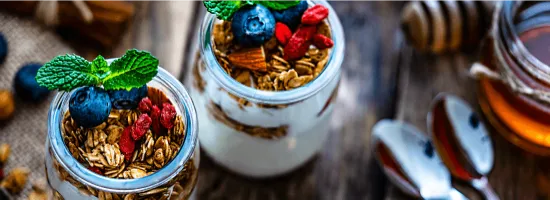The purpose of a bowel cleanse is to completely empty your intestines to allow your gastroenterologist to get a clear view of the lining of your colon. A colonoscopy can detect precancerous polyps and lesions while they are still treatable. If allowed to grow, benign polyps may become cancerous and spread to other parts of the body, so it is important to prepare thoroughly.
There are many benefits to a colon cleanse. Getting rid of toxins and harmful bacteria that have made themselves at home in your colon is a welcome side effect. However, there are some drawbacks to an empty colon as well. Our intestines contain billions of beneficial bacteria, often known as gut flora, that naturally neutralize toxins, discourage bad yeast, stimulate digestion and help boost immunity. A colon cleanse can wipe out the healthy and the unhealthy microbes, so you may want to consider taking probiotics after a colonoscopy. Probiotics can help rebuild colonies of beneficial gut flora to help your intestines reestablish the balance of your digestive system (Source: Livestrong).
Here are a few steps that you can take to gently and naturally replenish your gut flora through probiotics:
- Eat yogurt and kefir that is high in probiotics for several days after your colonoscopy. Make sure that the label says that there are billions of live cultures contained.
- Take a probiotic supplement in the morning on an empty stomach. Talk to your doctor before choosing a probiotic so he or she can give you the best recommendation.
- Eat a diet rich in prebiotics. These are foods like fruits, vegetables, oats and whole grains that are high in fiber and feed probiotic bacteria.
- Avoid processed foods, wheat products, sugar, hydrogenated fats, alcohol and high fructose corn syrup for several days after your colonoscopy. These foods promote the growth of harmful organisms in the body that compete with healthy gut flora.
